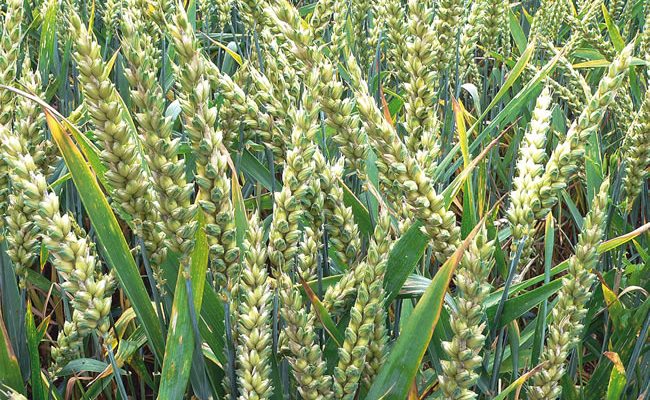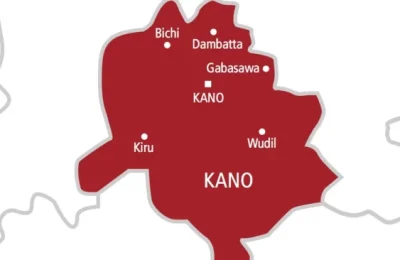
A former Executive Director of the Lake Chad Research Institute (LCRI) and a major stakeholder in the wheat value chain, Dr. Oluwasina Olabanji, has called on the Federal Government to create an enabling environment for the private sector to thrive in wheat production.
Olabanji noted that there is need for increased private sector investment in wheat production in the country.

He said that the importance of collaboration between public and private entities cannot be overemphasized.
Olabanji also called for more government investment in research and development, noting that many successful agricultural countries enjoyed heavy government funding and support.
He pointed out that decline recorded in the wheat production can be attributed to the government’s policy summersaults, stressing that the country would have surpassed the present productivity level if not for policy inconsistency on the part of the government for over a decade.
He emphasised that Nigeria’s major challenge has been policy inconsistency in wheat production.
According to him, if the country had maintained the production output recorded in 2012 to 2016 when it increased from 70,000 metric tons to 450,000 metric tons, Nigeria could have achieved about 50 percent self-sufficiency in wheat production by now.
“Unfortunately, policy changes brought by new subsequent governments have overruled the Agricultural Transformation Agenda, and the de-prioritization of wheat value chains,” he said.
He, thereby, acknowledged improvements under the current administration, especially with the recent 2023/2024 dry season wheat farming, which he noted that more must be done to meet Nigeria’s wheat production targets.
He said that the government had projected cultivating 270,000 hectares, but the actual area cultivated fell short, but that he is optimistic that the upcoming 2024/2025 season will meet the target of 250,000 hectares.
He said that Nigeria can potentially harvest 700,000 metric tons of wheat with proactive political will.
He, however, appreciated the current political will of the government through several interventions in the agricultural landscape, particularly the National Agricultural Growth Scheme-Agro Pocket (NAGS-AP) aimed to improve agricultural productivity for food security and dry season farming, which is irrigation farming, which is critical due to climate change and global warming.
READ ALSO: How TAAT, private sector engagement is transforming wheat production in Africa








